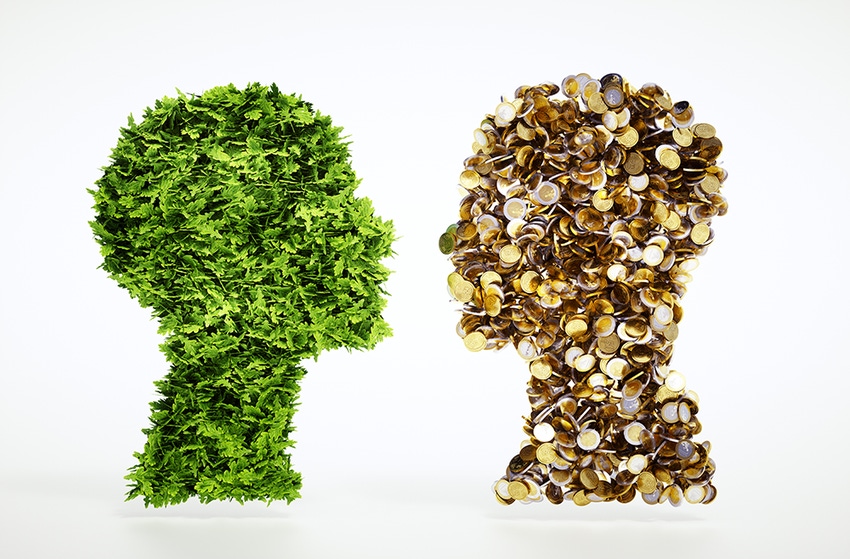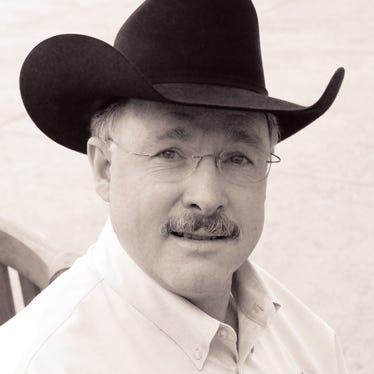Part of the challenge and opportunity with social capital stems from the information revolution spawned by the internet and fueled by social media.
April 3, 2019

Fewer years ago than I’d like to admit, I still had trouble believing anyone of sane mind would ever seriously entertain any of the bald-faced fiction peddled by the anti-everything activists of the world. I figured logic and scientific fact surely must win out.
“It’s my view that the beef industry has an emerging social capital deficit that, for me, presents the greatest medium- and longer-term risk to sustainable growth and prosperity,” said Bill Cordingley, at the Cattlemen’s College in January during the Cattle Industry Convention.
“By social capital I mean the license to operate, the social license given to the industry by the community to do what it does: the moral and legal license the beef industry has to utilize the land, the water and the sunshine to produce beef for the community,” he said.
Cordingley is head of wholesale banking for the Chicago office of Rabobank North America. He grew up on his family’s cattle operation in Australia and has spent his life in and around the cattle and beef business. He estimates cow-calf producers and cattle feeders account for about 25% of Rabobank’s North American portfolio.
“The social license the beef industry operates under today is clearly under discussion, and in some quarters is being challenged. The issues have been there for a long time — whether it’s animal welfare, the impact on the environment or human nutrition,” Cordingley said.
“The difference now is that the community values continue to evolve, and there is a growing tide of opinion, widely expressed and backed by various academic institutions, and so on, that the beef industry is bad …” he said.
The challenge extends to everyone involved.
“The social license we need at Rabobank is becoming increasingly challenging to secure — not just in the beef industry, but across the food industry,” Cordingley explained. “There are many practices that have long been established that are increasingly scrutinized, and where we are increasingly asked to justify our role as financier. For example, palm oil production in Southeast Asia, irrigated cotton production in Australia, battery egg production all around the world; and the list goes on.”
Part of the challenge and opportunity with social capital stems from the information revolution spawned by the internet and fueled by social media.
Moreover, Cordingley emphasized more consumers link their food choices to such things as personal health, environmental impact and societal values.
“At least in principle, consumers are increasingly desiring to eat for good — good for themselves, good for the community, good for the environment, good for the planet. In other words, be a conscious consumer,” Cordingley said.
Arguably, more of the cattle and beef business — individually and collectively — is actively engaging consumers with beef truth than at any time in history. You don’t have to look far to see tireless efforts made to champion the truth. Everything from blogs to social media monitoring to consumer research and formalized advocacy training. Yet, Cordingley believes the social capital deficit is growing.
“This is a problem and presents a serious challenge to the future. We have to get our heads out of the sand, take this issue seriously and act,” Cordingley said.
“Engage in educating and informing. We can’t apologize for what the beef industry does — far from it. While there needs to be a recognition [that] some of these issues are sensitive for some people, the message must get out that this industry is engaged, individually and collectively, in the important work of providing safe, nutritious food that people love, in a responsible and ever-improving way.”
About the Author(s)
You May Also Like





